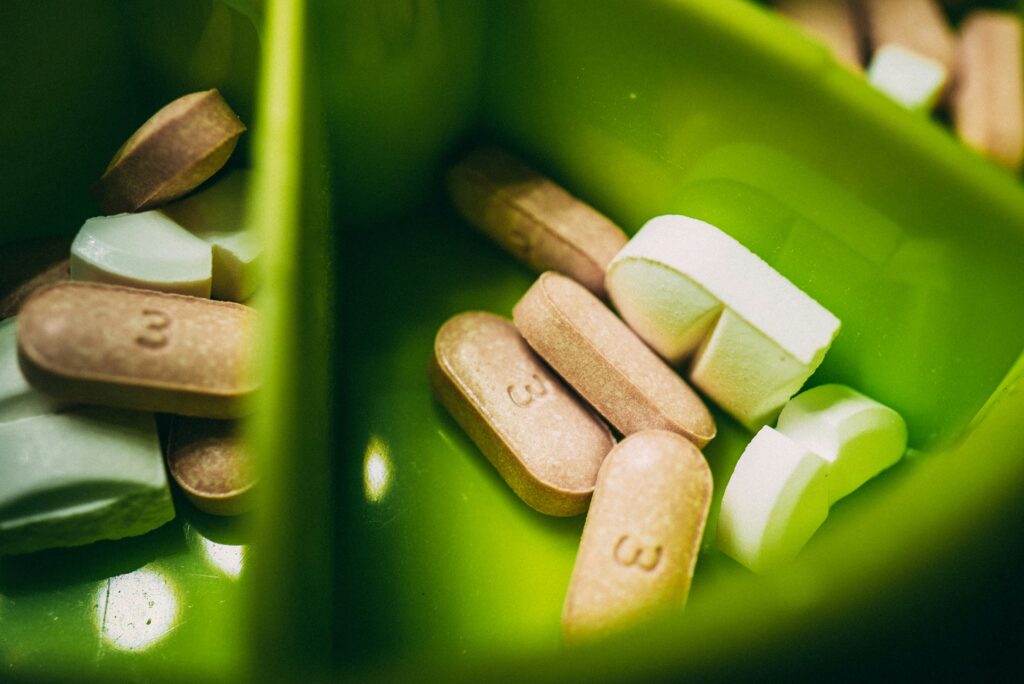Introduction:
Depression is not just a sad feeling or simply having a bad day. It is a serious mental health condition that has affected millions of people worldwide. Unfortunately, the signs usually go unnoticed or unspoken. But recognizing symptoms in early stages can be life changing if not lifesaving.
In this blog we will go through all key signs of depression that you should never ignore. We will debunk some common myths and offer you the most practical tips for when to seek help. If you came to this blog concerned about yourself or someone you love, it is very important to understand what actually is depression?
Depression:
In medical terminologies depression refers to Major Depressive Disorder or MDD. It is a mood disorder that affect how you feel, think and handle daily activities like sleeping, eating or working. According to World Health Organization (WHO) about 280 million people are affected by this currently and the number is increasing rapidly.
It is normal to show temporary emotional response to different events, however clinical depression lasts for weeks, months or even years if left untreated. The good part is that it is highly treatable.

Why is it Important to Recognize Signs of Depression Early?
Like every other disease, early intervention can make a drastic difference in treatment outcomes. Studies have shown that individuals who are timely diagnosed and treated are more likely to recover and less likely to face chronic symptoms or relapses.
Some of the most common and overlook signs of depression that you should never ignore are:
1. Persistent Sadness or Low Mood:
As mentioned earlier it is normal to show temporary emotions and feeling sad. But if the sadness lasts throughout the day, every day or for more than a week then it could be a sign of depression.
Mostly people complain of deep emotional heaviness or a feeling of emptiness that won’t go away. It is not always triggered by some sad events, which makes it more difficult to identify and diagnose in time.
2. Loss of Interest in Activities:
“Anhedonia” is a medical term that refers to losing interest in things that you once used to enjoy. Individuals lose interest in their hobbies, socializing and even sex. Watching your favorite show or spending time with your close friends does not bring you joy the way it used to.
3. Changes in Sleep Pattern:
Two changes in sleep pattern can be seen in patients.
Insomnia which means trouble falling or staying asleep.
Hypersomnia: Sleeping too much or feeling sleepy throughout the day.
A study conducted by National Institute of Mental Health (NIHM) states that sleep disturbances are a core symptom.
4. Fatigue:
Do you feel constantly low on energy even after sleeping the whole night? Depression related fatigue is usually a bit more exhausting than just being “a little tired”. Simple task like brushing your teeth or changing clothes feel impossible.
5. Effects on Appetite:
It can affect your appetite both ways. It can either lead to overeating or loss of appetite. People will lose or gain noticeable weight. These changes are unintentional and has no relationship with dieting and exercise.
6. Feeling of Worthlessness or Excessive Guilt:
Depression is known to distorts your self-image. People recall past mistakes, believe that they are a burden, or they feel like they do not deserve happiness. These are not just negative thoughts but they can significantly affect your mentality about yourself and prove harmful. They can spiral quickly if not treated on time.

7. Difficult Concentrating:
Affected individuals face difficulty in making decisions, this is known as cognitive impairment. It is hard to remember important things and make simple decisions. Mostly people zone out in the middle of conversations or they find themselves rereading the same sentence. This forgetfulness is the most frustrating part.
8. Irritability or Anger:
Most of us have a misconception that depression always shows up as sadness, but that is not the case especially in men, adolescent or even young children. It may manifest as irritability, restlessness or even anger over small things. If you or someone you know is snapping out more than usual, depression could be the underlying cause.
9. Physical Aches and Pain:
It is a psychological problem but it can hurt you physically as well. Headaches, back pain, digestive issues and other unexplained aches are commonly seen in patients. The connection between mind and body is very strong and anything affecting your brain can cause physical symptoms.

10. Suicidal Thoughts:
One of the most serious and worrisome symptom of all is having suicidal thoughts. If you or someone you know is having suicidal thoughts, seek help immediately. You can call local emergency number or a mental health crisis line if available in your country.
Suicidal thoughts are not a sign of weakness they are a signal that someone is in deep emotional pain and need immediate support and care.
Myths About Depression:
Myth 1: Depression is just Sadness:
In reality it is a complex medical condition with a variety of symptoms from sadness to irritation. It can affect people both physically and mentally.
Myth 2: You Can’t Snap Out of it:
Depression is highly treatable. However with proper medication you also need love and support from family members and your close one.
Myth 3: Only Weak People get Depression:
This complex medical condition does not discriminate, it affects people of all ages. Even highly successful people who appear fit and healthy have been diagnosed with depression.
Practical Tips to Avoid Depression:
If you suspect yourself or someone you know, love or care about dealing with depression, here are some steps that you can take:
1. Talk to a Healthcare Provider:
The first step is to reach out to a doctor or other relevant medical professional. They may recommend therapy (Cognitive Behavioral Therapy) or medications like antidepressants or lifestyle changes.
2. Start Small:
Individuals with severe depression face difficulty in completing even a simple task. Break your task into small manageable steps like taking a shower, making your bed or going for a 10 minutes’ walk.
3. Built a Support Network:
Defeating depression is very difficult when you fight it alone. You need support and care from your close ones. You should talk about it to a close friend or an understanding family member. Let them know what you are going through and how you feel.
4. Track Your Symptoms:
You can use some medical apps or you can keep a journal to track your symptoms. This will help you understand the patterns in your sleep, mood and energy.
5. Avoid Self Medication:
People use caffeine, alcohol and other recreational drugs to elevate their mood and mask the symptoms temporarily, but in reality they can make the disease even worse.

Conclusion:
Depression is a mental disorder that makes you feel isolated but you are not alone. Millions have suffered from it and have founded light with proper management. The first step in treatment is recognition of signs and symptoms and reaching out for professional help.
If you or someone you know are facing any of the above problems consider it as a gentle nudge to take a step and prevent further damage. A simple phone call to authorities or scheduling a therapy session can make significant difference in the outcome of the disease. Remember! Depression is real, you are not weak, help is available and recovery is possible. That’s it for this blog if you liked it and want to know more about the human body go to my website Medrizz.com.
References:
World Health Organization. (2021). Depression.
National Institute of Mental Health. Depression.
Harvard Health Publishing. (2020). Physical symptoms of depression.
American Psychiatric Association. (2020). Depression Treatment.
FAQs:
-
What’s the difference between feeling sad and being depressed?
Feeling sad is a normal, temporary emotional response to life events. Depression, however, is a clinical condition that lasts for weeks or longer and includes a variety of symptoms like fatigue, hopelessness, and changes in sleep or appetite. If sadness doesn’t go away or starts affecting daily life, it may be depression.
-
Can depression go away on its own?
While mild depression may improve over time, moderate to severe depression usually requires treatment. Ignoring it can lead to worsening symptoms or longer-lasting effects. Professional help—such as therapy or medication—can speed up recovery and prevent relapse.
-
Can children and teens get depression too?
Yes. Depression can affect people of all ages. In younger individuals, it might show up more as irritability or behavioral changes than sadness. Early intervention is critical for their mental and emotional development.
-
Is medication always necessary for treating depression?
Not always. Treatment depends on the severity of the depression. Some people benefit from therapy alone (like CBT), while others may need a combination of therapy and medication. Lifestyle changes like exercise, sleep, and social support also play a big role

